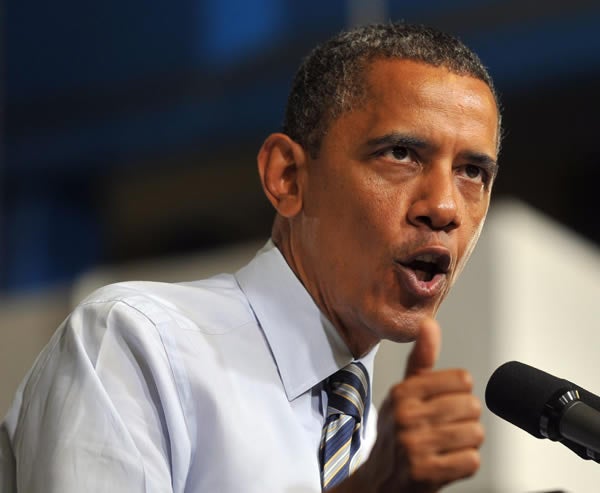Former President Clinton caused quite the commotion earlier this week when he said on CNBC:
What I think we need to do it find some way to avoid the fiscal cliff, to avoid doing anything that would contract the economy now, and then deal with what’s necessary in the long term debt-reduction plans as soon as they can, which presumably would be after the election. They [Congress and President Obama] will probably have to put everything off until early next year.
That stance puts Clinton squarely in line the policy we at The Heritage Foundation and many others have said for months.
Soon after Clinton’s remark, White House press secretary Jay Carney shot back with the following:
We should not extend—and [President Obama] will not extend—the Bush-era tax cuts for the wealthiest two percent of the American people. It’s bad policy, it’s bad for the economy, it’s bad of our fiscal picture.
President Obama and Carney have it exactly backwards. Raising taxes on “the rich” is bad policy because it is bad for the economy. Raising the top two income tax rates, as President Obama wants to do, would raise taxes on small businesses that are key job creators. Higher taxes would deprive their owners of resources they need to invest to create more jobs. Higher rates would reduce their incentives to invest the resources they have left because the return on that investment would fall.
As for our fiscal picture, the President’s own budget says that his tax rates on the rich will raise $32 billion next year while the deficit will remain close to $1 trillion. And, of course, the best way to close the deficit is through stronger economic growth, which President Obama’s tax increase would inhibit.
It is curious that President Obama continues to oppose a full extension of the Bush tax cuts. Two years ago he was in a similar position, and wisely chose to reverse course. For the sake of the economy, one can only hope he does so again.
